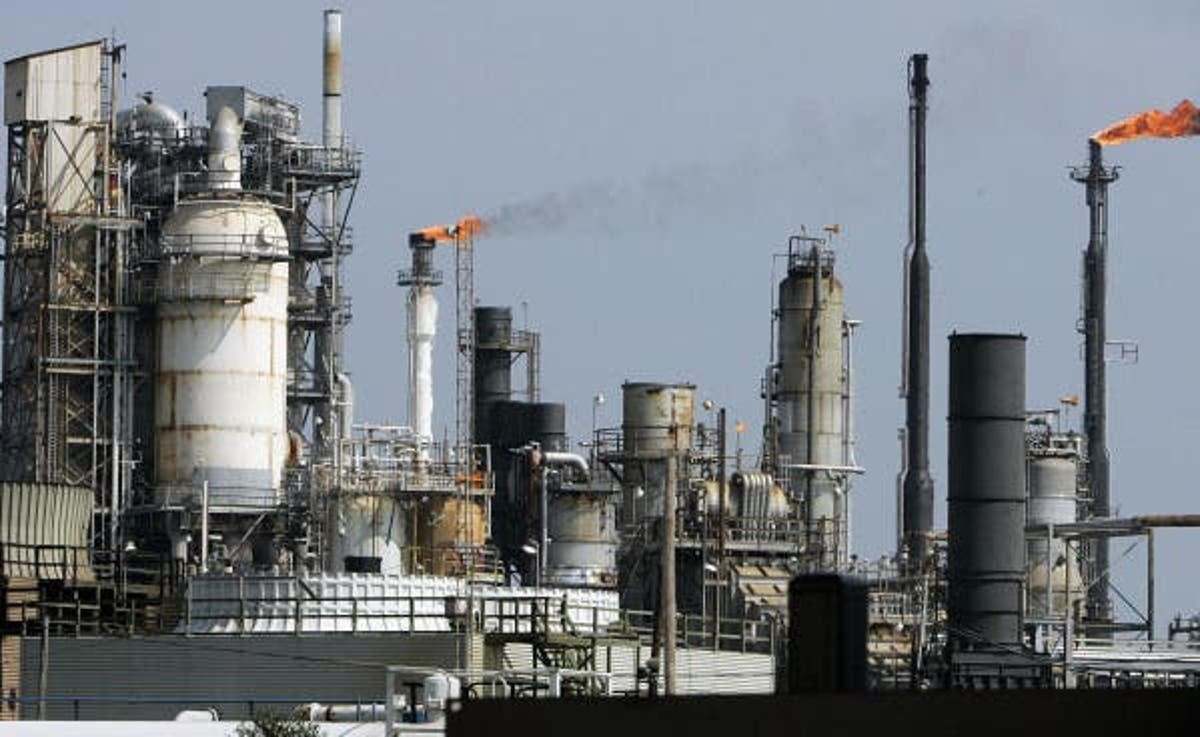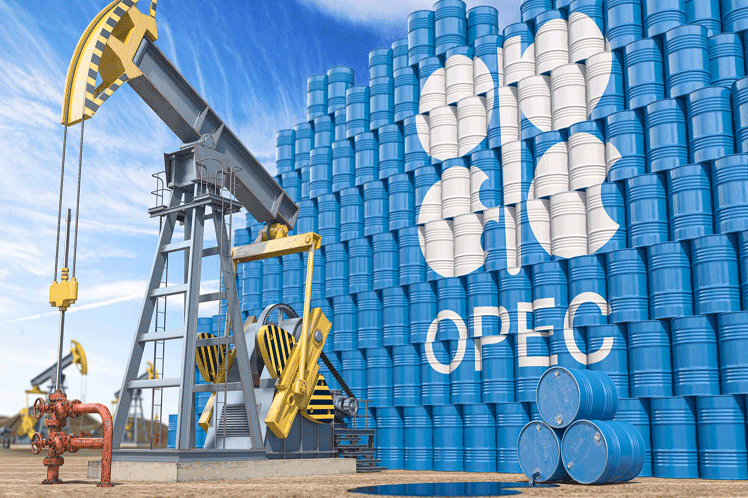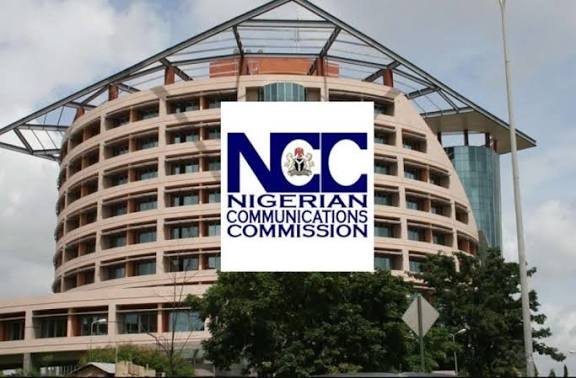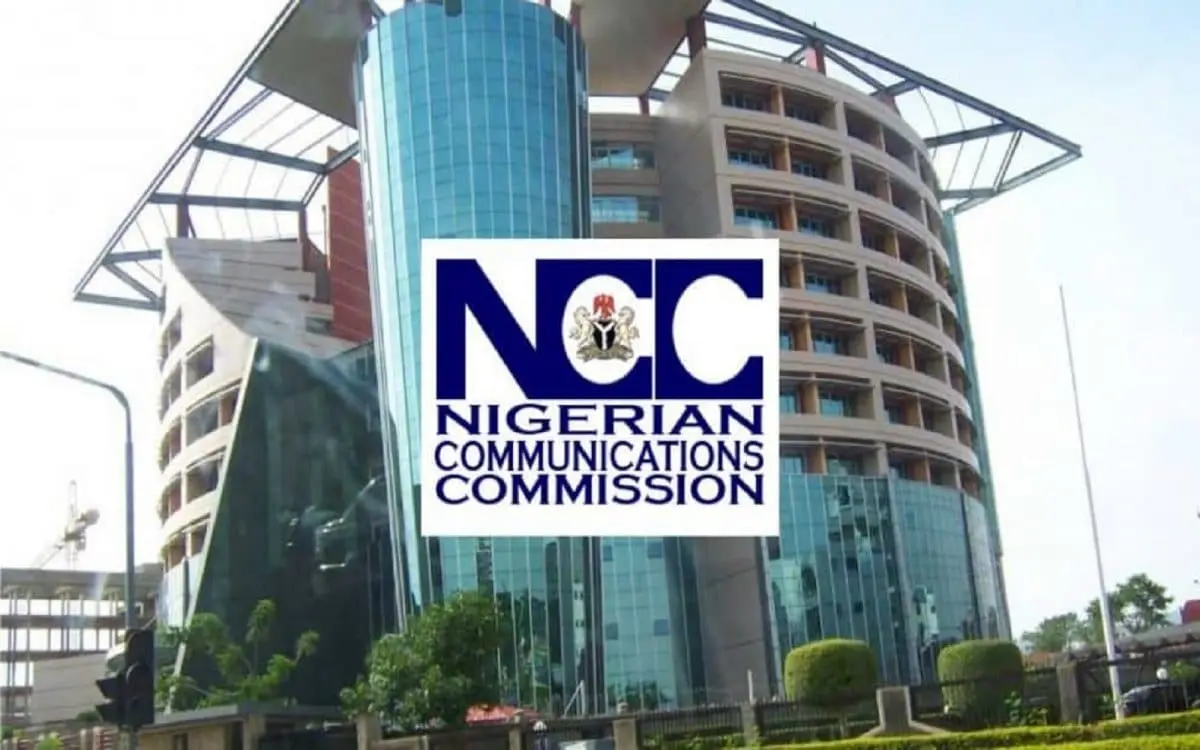$1.5 Billion for Turn-Around Maintenance, Not Solution for Nigeria Refinery Rehabilitation
By Nosayame Osahon
The Federal Government of Nigeria’s announcement on March 2021 to rehabilitate the Port Harcourt refinery for $1.5 billion has come under intense criticisms by environmental justice activists and accountability watchdogs in the extractive sector.
The Minister of State for Petroleum, Timipre Sylva, who briefed reporters after the FEC meeting said the rehabilitation will be done in three phases of 18, 24, and 44 months. The minister assured that rehabilitation works on the other refineries, Kaduna and Warri refineries would also be carried out on or before May 2023.
The country’s non-performing refineries for several years have made it a major importer of refined petroleum products, as a result of the inability of its refineries to refine crude oil produced within the country, despite its huge production potential.Nigeria’s refineries for so many years have been making losses. Periodic turn-around maintenance has over the years been carried out to increase the capacity of the refinery, but production remains low and cost, high.
The Federal Government’s decision to utilize the sum of $1.5 billion to rehabilitate the Port Harcourt Refinery is a misuse of public funds considering the dwindling national reserves and the devastating effects on the national economy, and the rising rate of unemployment. Nigeria cannot afford to expend such a considerable amount of its reserves to rehabilitate a refinery especially in the light of the fact that Nigeria’s debt profile has grown from ₦12 trillion in 2015 to ₦32.9 trillion in 2020. Also, the inflation rate has increased significantly from 16.47 in 2020 to 17.33 in February 2021. With a consumer price index (CPI) of 361.2 in January 2021, indicating a 16.5% increase as compared to January 2020, Nigeria is currently ranked among the countries with the highest inflation rate worldwide.
In the second quarter of 2020, Nigeria’s unemployment rate which was 27.1% has increased to 33.3% in the fourth quarter of the same year, making Nigeria the country with the second-highest unemployment rate in Africa, just behind Namibia with 33.4% out of 82 countries.
Nigeria has four government-owned refineries with a combined installed nameplate capacity of 445,000 barrels per day (b/d). There are two refineries in Rivers State, the old Port Harcourt Refinery and the new Port Harcourt Refinery which were commissioned in 1965 and 1989 with an installed capacity of 60,000 b/d and 110,000 b/d respectively. Others are Warri Refinery, commissioned in 1978 with an installed nameplate capacity of 125,000 b/d, and the Kaduna Refinery with a capacity of 110,000 b/d. The refineries have not operated at their installed capacities utilization. The highest average operating capacity utilization of these refineries for 20 years (2001 – 2020) showed that Port Harcourt Refinery operated at 60.7% in 2001, while the Kaduna and Warri Refineries operated at 31.4% and 48.3% respectively. Since then, there has been a steady decline in the operating performance of these refineries leading to the shutting down of all four refineries in 2020.
The state-owned petroleum corporation, Nigeria National Petroleum Corporation (NNPC) attributed the declining operational performance to the ongoing revamping of the refineries and that once the revamping is completed, the refineries are expected to operate at an enhanced capacity utilization.
Since 1998 to date, the Nigerian government has spent about $2.46 billion for maintenance of the refineries in the guise of turn-around maintenance (TAM) but no significant result for this money spent. In 1998, $240 million was the cost of TAM for Kaduna Refinery, $57 million and $7.6 million was spent in 2000 for Port Harcourt and Kaduna Refineries respectively. Again, in 2009, $200 million was spent as TAM cost for Kaduna Refinery, and a whopping $396 million was spent between 2013 and 2015 in maintaining the Port Harcourt, Kaduna, and Warri Refineries.
The plan to spend an additional $1.5 billion in the refinery when over $16 billion had been spent since 1998 to date for maintenance in the guise of turn-around maintenance (TAM) with no significant result and the performance of the refineries had hardly exceeded 50% will be a waste of scarce public resources. The justification for spending this amount for TAM given by the Minister of State for Petroleum Resources and the NNPC that the Tam will enable the refinery to be in a suitable condition for sale to the private corporations “do not hold water”. No investor will want to buy a refinery above the amount spent on TAM in a country with an unstable business-friendly environment and on a refinery that recorded over N16.02 for just three (3) months (month of January – March) in 2021 as revenue loss.
Also, the possibility to sell the refineries are significantly very low due to poor maintenance from previous TAM resulting in the below-par operational performance utilization of the refineries and as the world demand for fuel and petrochemical products has gradually fallen and also transiting to cleaner energy resulting in most hydrocarbon refineries being put up for sale and converting some to either biorefineries or to oil terminals. In Europe alone, nine refineries are up for sale and five of them are in the UK; Milford Haven’s three (3) refineries, ConocoPhillips 260,000bpd Refinery, Wilhelmshaven, Germany, Total Lindsey Refinery in the United Kingdom, with a capacity of 110,000 BPD, was sold for an undisclosed sum and it will be converted to a biorefinery, Chevron 210,000bpd Refinery in Pembroke, UK; Grangemouth 200,00bpd Refinery, UK; Royal Dutch Shell three (3) refineries in Harburg, Heide, and Stanlow, Germany. This has resulted in low sales of even bigger capacity and better-performing refineries such as Petrobras RLAM refinery in Abu Dhabi, with a capacity of 323,000 BPD was sold for $1.65bn. If these refineries which are more viable and are in more stable and friendly business countries are being sold for much less, one wonders what the fate of the Nigerian refineries will be.
Experts have called for the privatization, commercialization, or concession of the refineries, often countering the logic in the federal government’s avowed commitment to sink more public funds to repair the refineries, which have been left to rot for decades. Yet, both the Minister of State for Petroleum Resources and the Group Managing Director of the NNPC have at different fora spoken about the government’s resolve to rehabilitate the refineries before considering privatization.
The government can adopt the Nigeria Liquefied Natural Gas (NLNG) business model, where the government will own equity share of about 50% while a consortium of private corporations will own the others, which has proven to be very effective and brought in N144 billion, N63.2 billion more or 79% higher than the projected sum of N80.3 billion as its share of dividends in 2020.
The Federal Government should privatize these refineries to core investors with proven capacity to repair them with their funds and stop sinking more public funds in the guise of turn-around maintenance, to the already decade-long comatose refineries. It does not make sense to throw away scarce public funds on a venture that is not bankable. The proposed TAM will not be any different from previous TAMs, where huge amounts of money were spent and their operating capacities remained low.
By Nosayame Osahon is Programme Officer, Spaces for Change, Lagos






